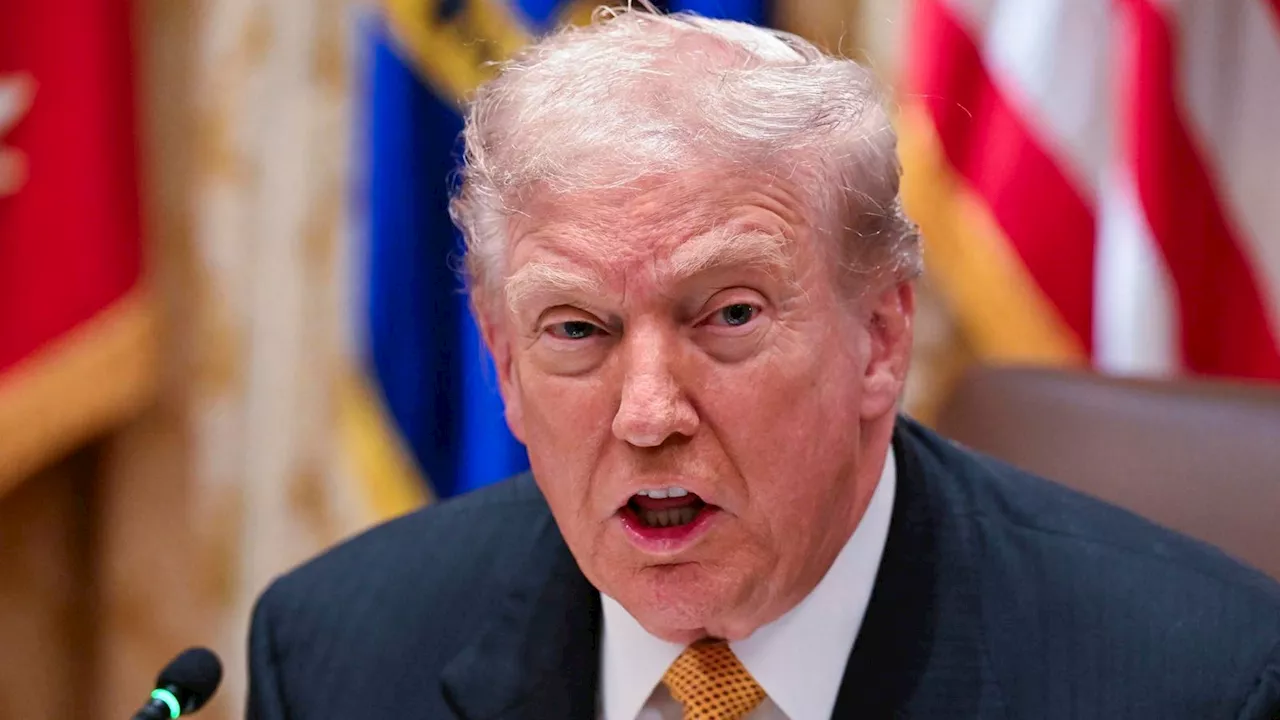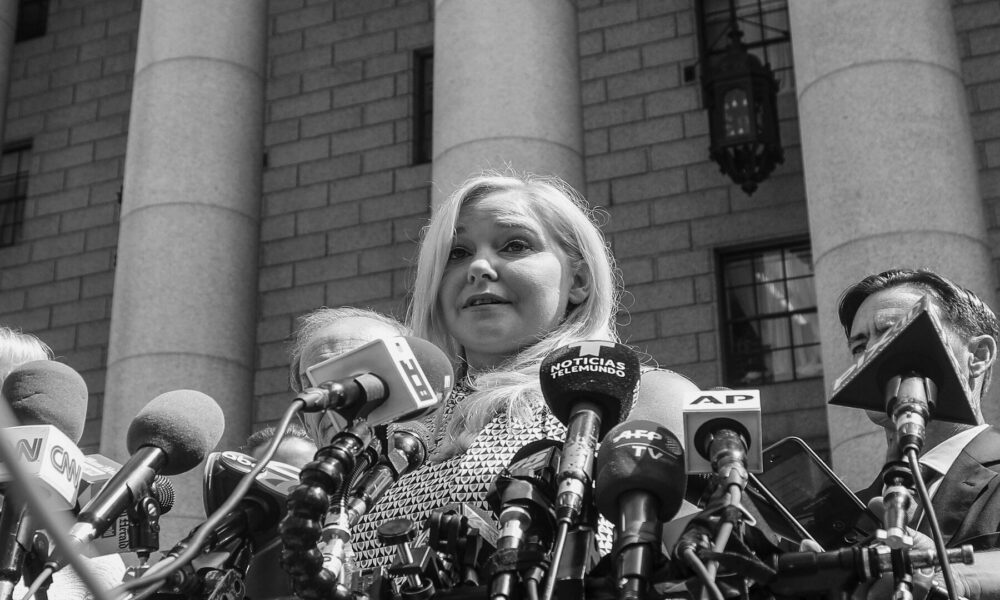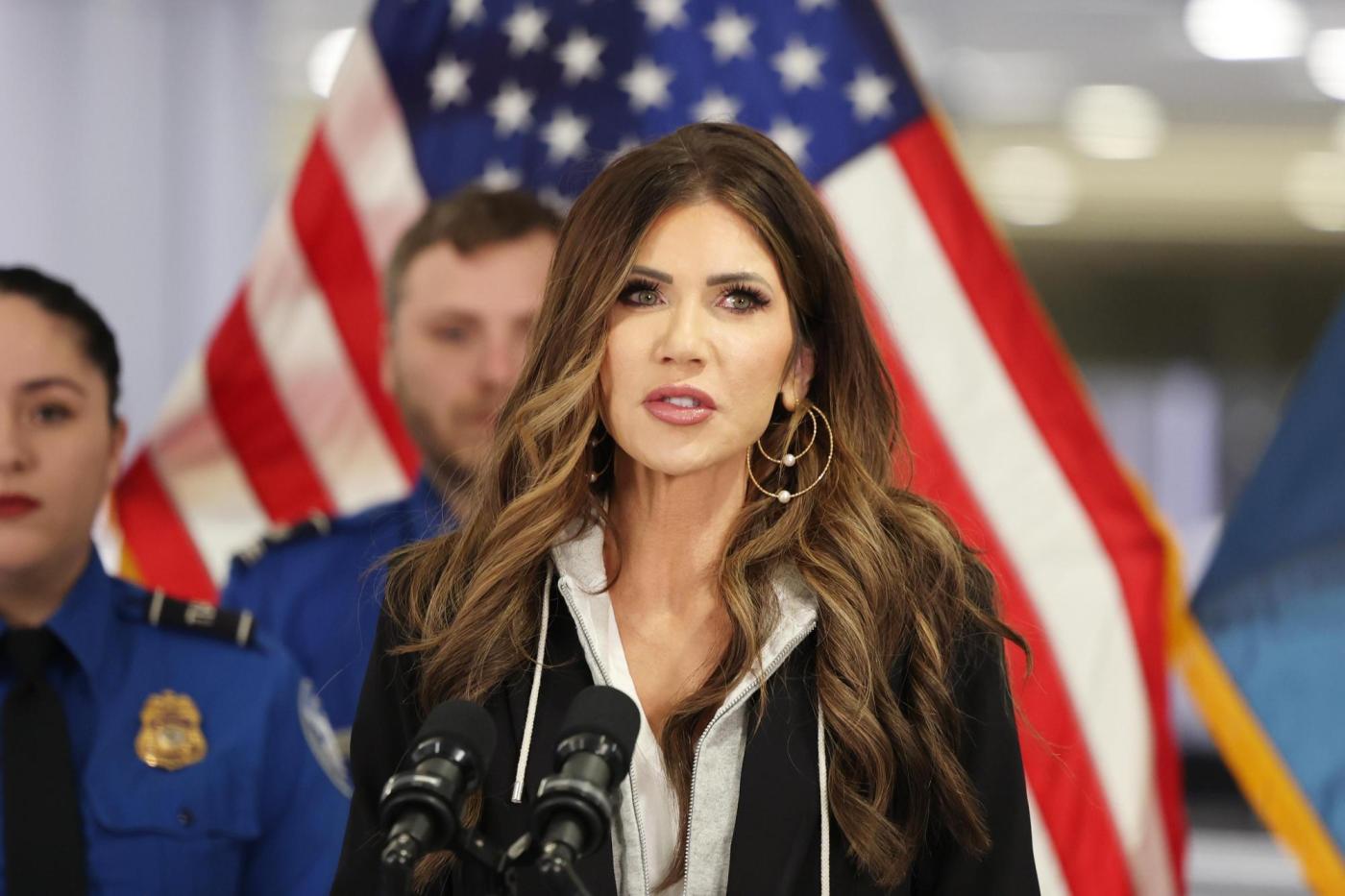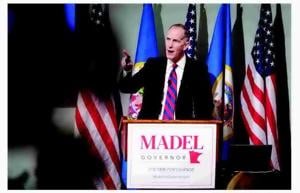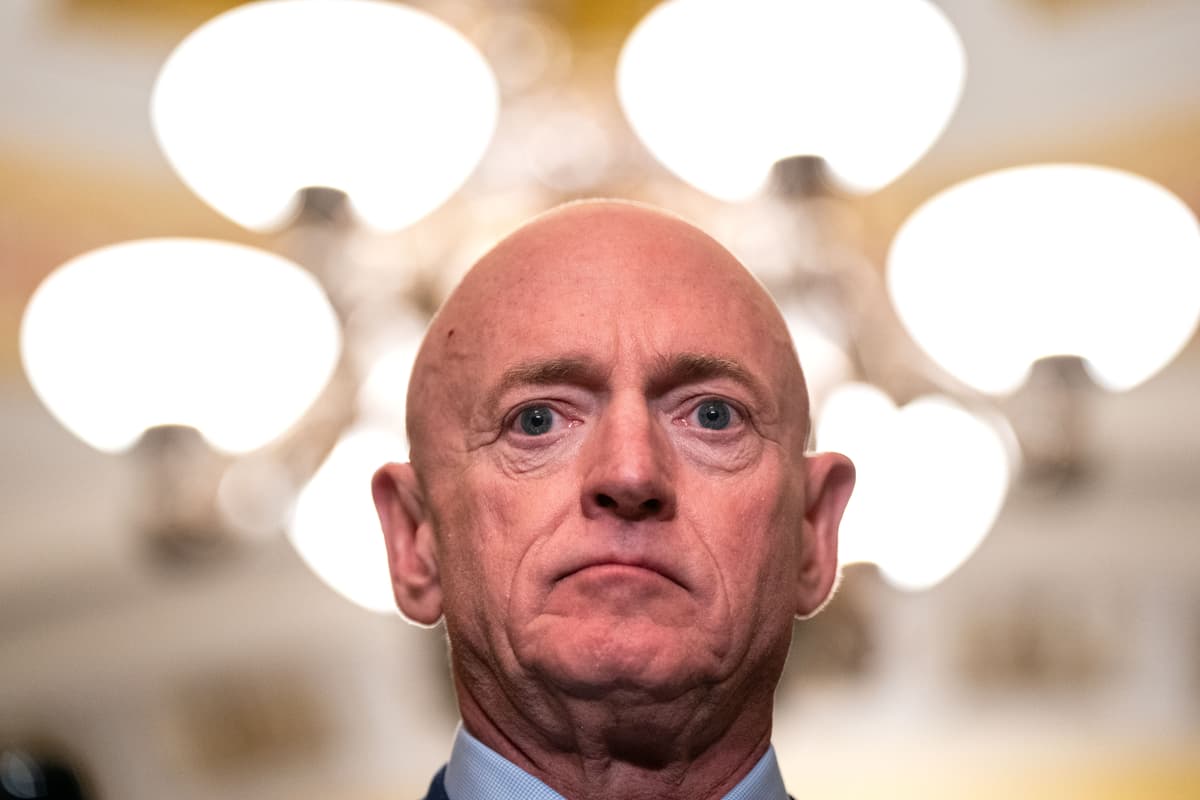On Sunday, former President Donald Trump posted a claim on social media suggesting that former President Barack Obama has been collecting “royalties linked to Obamacare.” This statement, which falsely asserts that Obama has amassed $40 million in taxpayer-funded royalties since the implementation of the Affordable Care Act in 2010, originated from the satirical news website, the Dunning-Kruger Times.
The claim appears to have been taken at face value by Trump when he shared the fictitious headline, captioning it simply with “WOW!” The Dunning-Kruger Times is known for its parody content and describes itself as part of a “network of parody, satire, and tomfoolery.” The original post was published in February and has since circulated widely, despite its dubious origins.
In response to inquiries regarding Trump’s post, White House spokesperson Kush Desai highlighted Obama’s financial success post-presidency, noting that he “rapidly became a multi-millionaire who even bought a luxurious Martha’s Vineyard summer estate.” Desai contrasted this with Trump, asserting that he is the only president in modern history who has lost money while in office, emphasizing Trump’s prioritization of everyday Americans over special interests.
Following his presidency, Obama’s wealth has been primarily attributed to lucrative book deals and speaking engagements. In 2017, a report indicated that the majority of his income while in office stemmed from these ventures, alongside his presidential salary of approximately $3.1 million. According to Forbes, Obama’s net worth is expected to exceed $70 million by 2024, fueled by further income from a substantial deal with Netflix and other appearances.
The narrative surrounding the fictitious royalties raises concerns about the spreading of misinformation, particularly in the political arena. Such claims can distort public perception and contribute to the ongoing polarization in political discourse.
As the political landscape continues to evolve, the accuracy of information shared on social media platforms remains a vital issue. The implications of this incident underscore the responsibility of public figures to verify the content they endorse and share, especially when it pertains to significant figures and policies.

